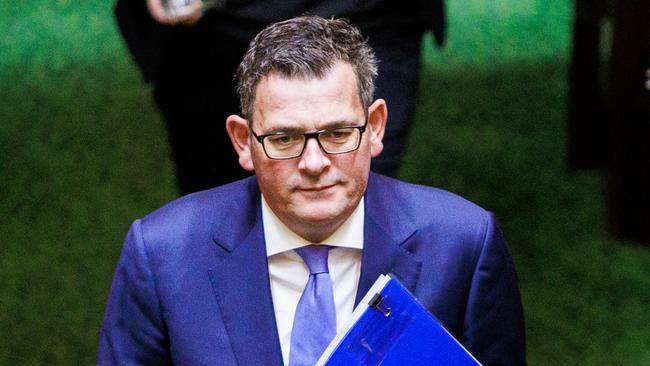
The manager secured victory with a single email so unwittingly honest that it will be remembered as symbolising everything that is so outrageous about the Andrews government’s use of this political strategy firm.
In the February 2020 email, the manager – whose name remains redacted – asks QDOS research director Sue Loukomitis for her advice about a dilemma. The government wants QDOS to find out what the people who live in northeastern Victoria think of it, but is worried that because they’ve just endured summer bushfires they will expect the government to help them.
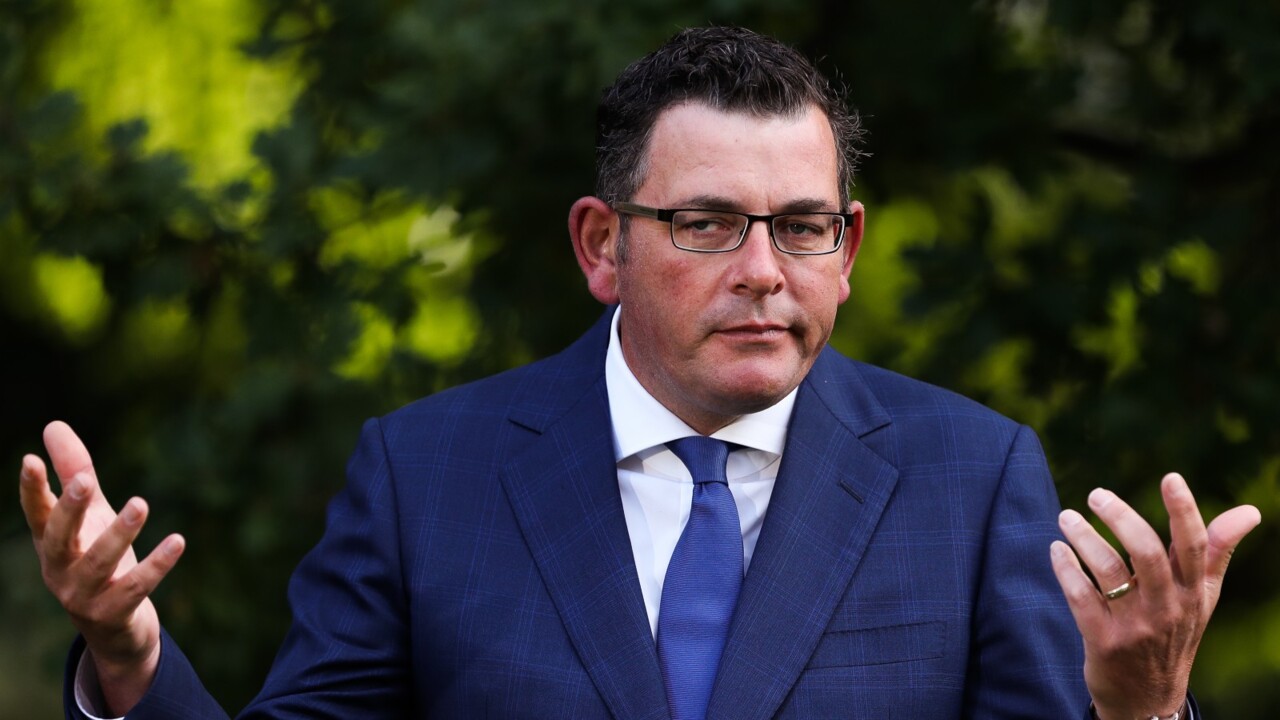
The manager talks in terms of ‘‘setting expectations that their needs will be acted on or they’ll be responded to in some way’’ following the focus groups. The bushfire-affected locals may even see the focus groups as ‘‘engagement rather than research’’.
Wangaratta, the manager proposed, might be the perfect compromise. Close enough, but not too close, to the bushfires. Still, they might have to ‘‘screen out’’ individuals who lost houses or were CFA volunteers. As the manager admitted, you can’t be ‘‘sure what the mood is there’’.
This email talks to the fundamental problem with the Andrews government. That being it’s an administration that spends too much time – and money – on image and spin rather than delivering basic services. Sure, when he had to lead the state through the unprecedented challenge of the Covid-19 pandemic, Daniel Andrews did turn to doctors.
He also turned to his spin doctor.
The Premier’s deflections when The Australian this week revealed the extent of the political intelligence program run by QDOS don’t stand up to scrutiny. It was his own government’s documents that revealed what many Victorians suspected for three years: politics played a hand in the state’s pandemic response.



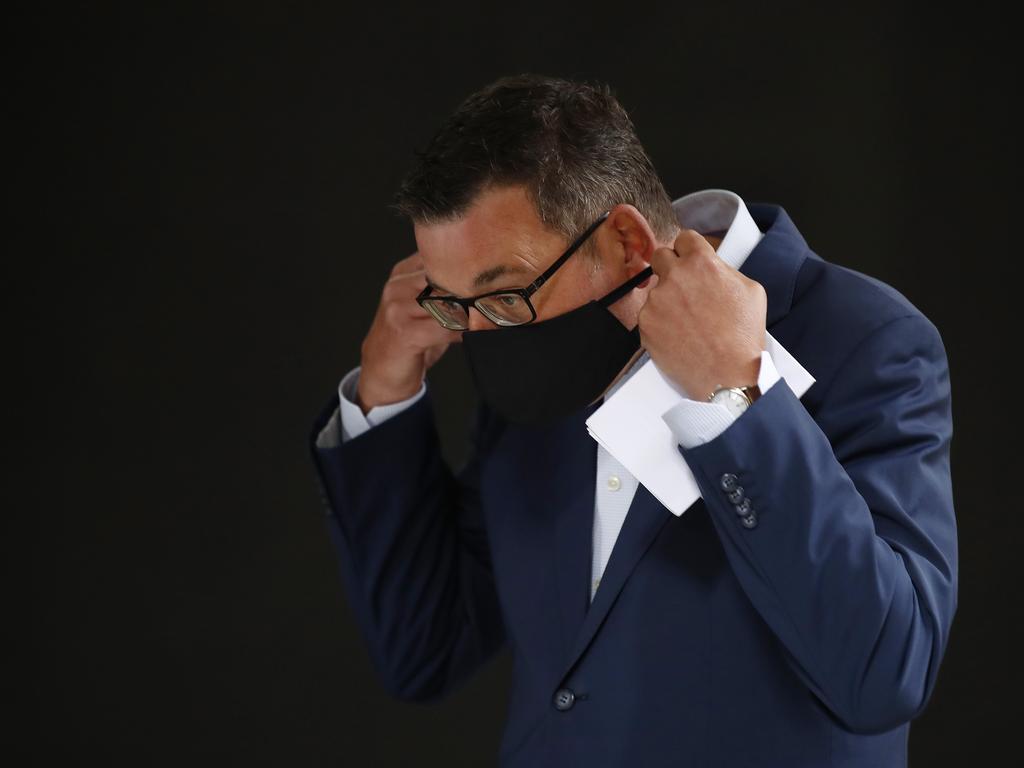
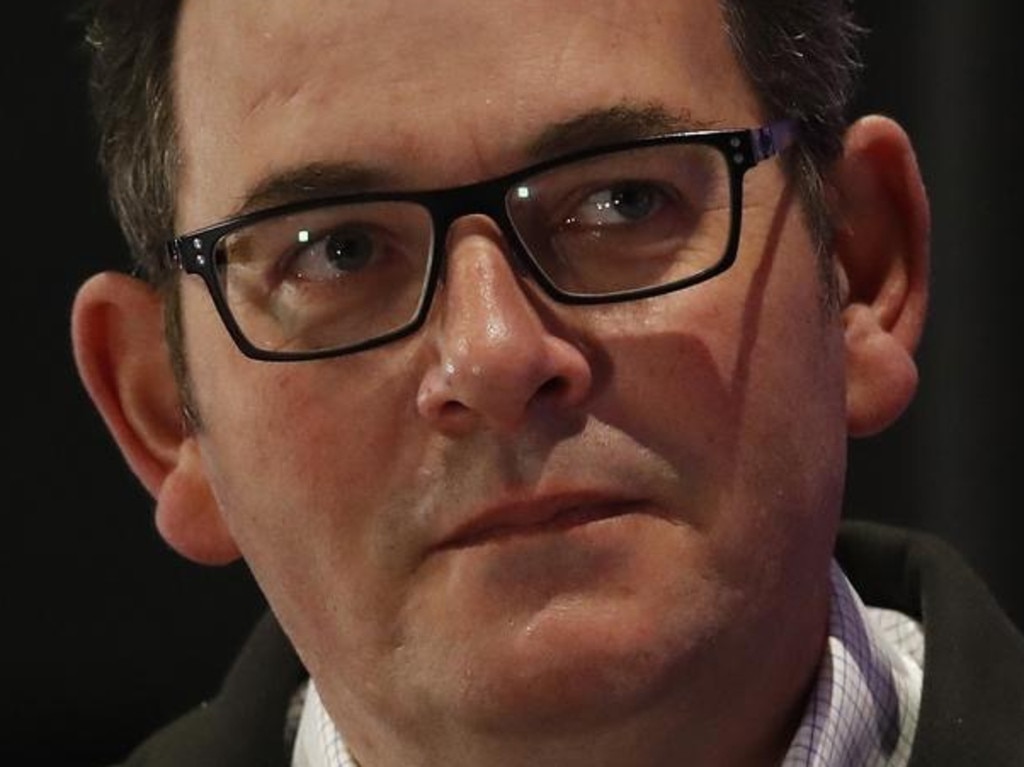

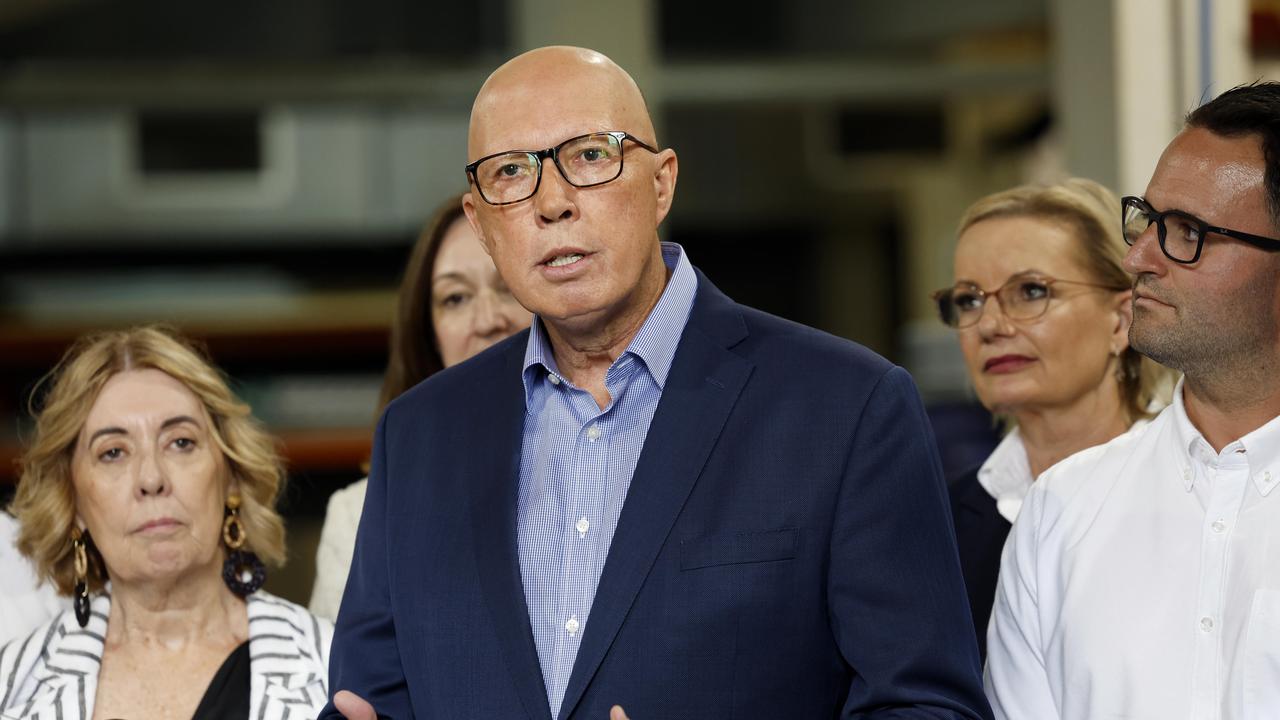
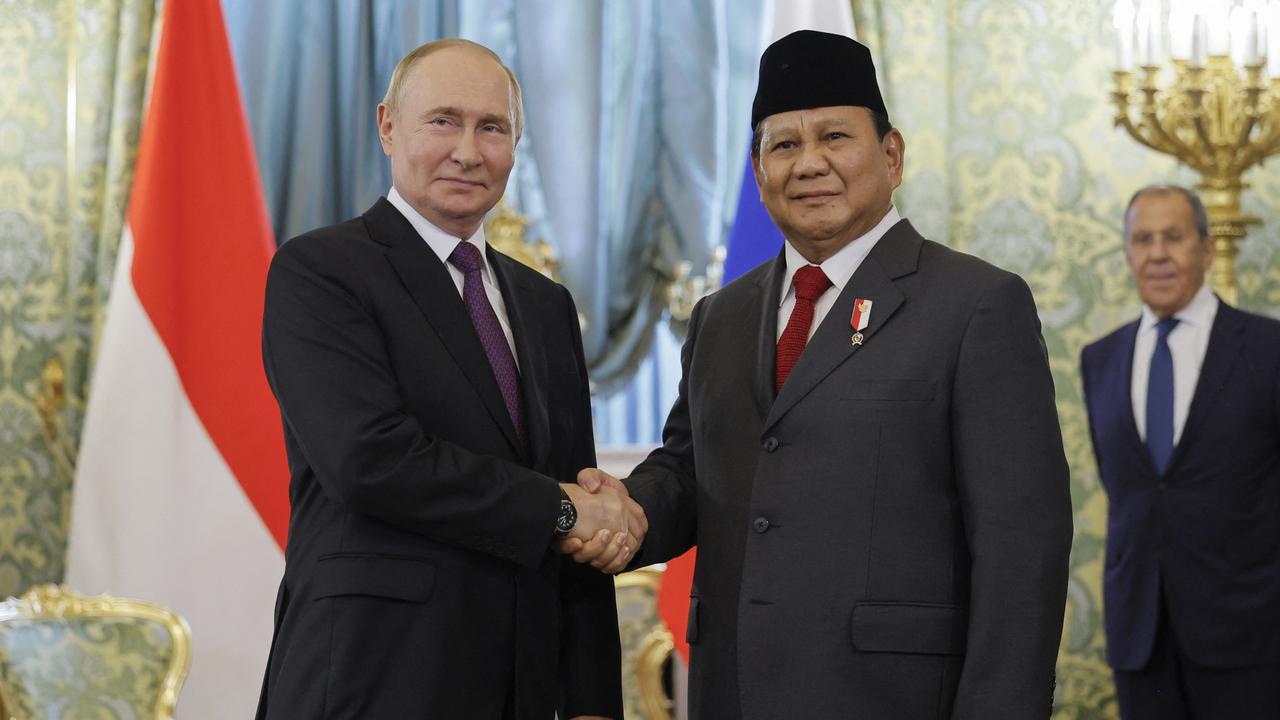
In a particularly strong field, an unnamed senior manager in the Department of Premier and Cabinet has won the QDOS expediency stakes.